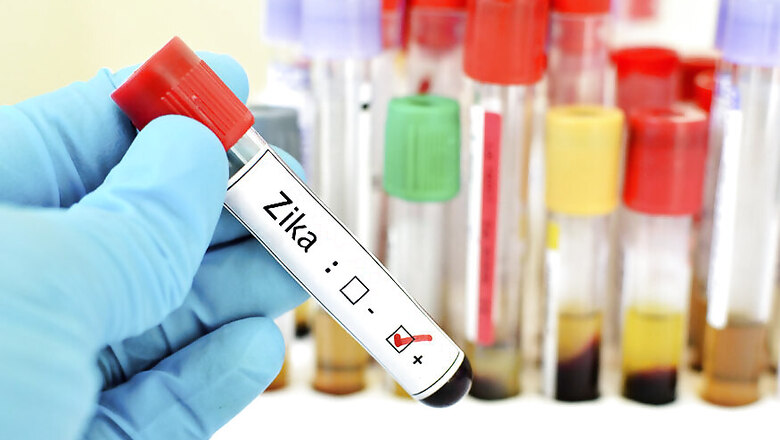
views
An important finding about the dangerous Zika virus has been observed by Therma Bright Inc., a Canada-based progressive medical device Technology Company. The company announced that the TherOZap™ Technology has proved to be successful at inhibiting the Zika virus during in-vitro tests, as reported by Newsfile.
Zika fever is a mosquito-borne disease which typically causes asymptomatic or mild infection (fever and rash) in humans. Zika virus is transmitted to people primarily through the bite of an infected Aedes species mosquito. Outbreaks of Zika virus disease have been recorded in Africa, the Americas, Asia and the Pacific.
From the 1960s to 1980s, rare sporadic cases of human infections were found across Africa and Asia, typically accompanied by mild illness. The first recorded outbreak of Zika virus disease was reported from the Island of Yap (Federated States of Micronesia) in 2007. This was followed by a large outbreak of Zika virus infection in French Polynesia in 2013 and other countries and territories in the Pacific. The last Zika outbreak was seen in 2015.
A top Virology Research Laboratory from Canada was roped in by Therma to study TherOZap™ technology's ability to inactivate live Zika virus in culture media and to determine inhibition of the Zika virus infection in-vitro in selected cell cultures. The researchers who completed the study stated that, "the in-vitro testing has shown that a short heat pulse from the TherOZap™ device dramatically inhibits the production of infectious Zika virus in multiple cell types".
The main aspect addressed in this study was the effect of heat produced by TherOZap™ technology in limiting viral replication at initial stages of infection. The effects were studied 2 hours post infection to mimic the early stages of localized virus replication following a mosquito bite. The key findings of this study are:
• The treatment at a specific temperature for 30 seconds reduced viral replication by 50% and titer by 85% respectively in Vero cells.
• It decreased viral count 100 fold with coated material tips with no harm to healthy cells.
• TherOZap™ technology decreased viral count 400 fold with uncoated material tips, a significant statistical decrease to viral count, with the study results showing no harm to healthy cells.
• The effect of the technology was cell line independent with similar reduction in replication and viral titer observed in A549 cells.
• Increasing the device temperature did not significantly improve the performance of the device.
• Overall, the technology performed comparably well with both low concentration of viral count and high concentrations of viral count (inoculum of 100 and 1000 Plaque-Forming Units (PFUs))




















Comments
0 comment